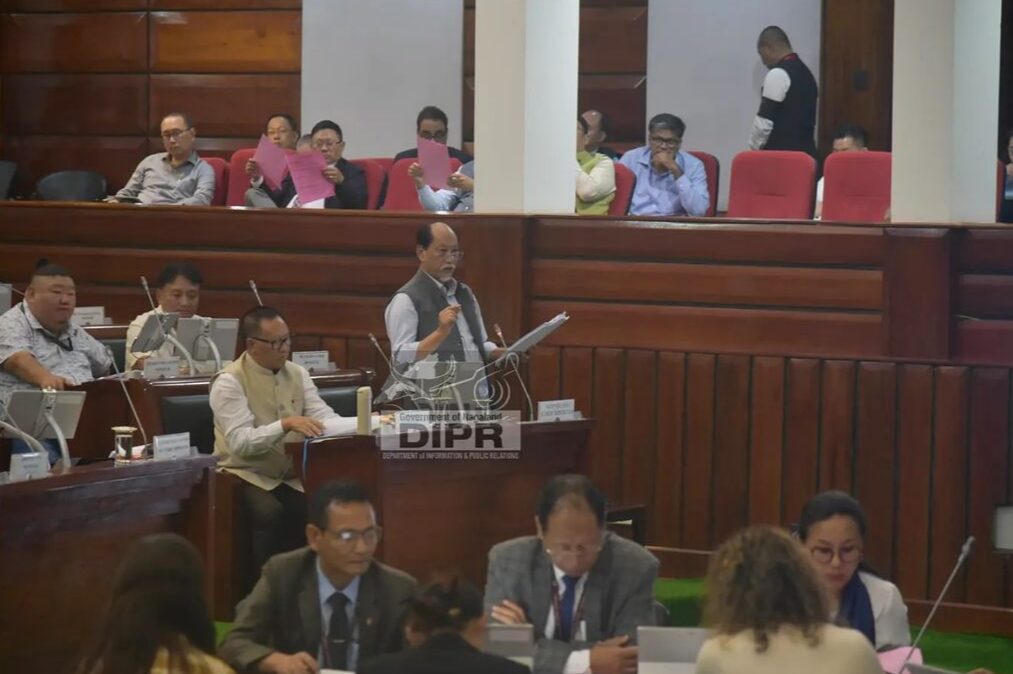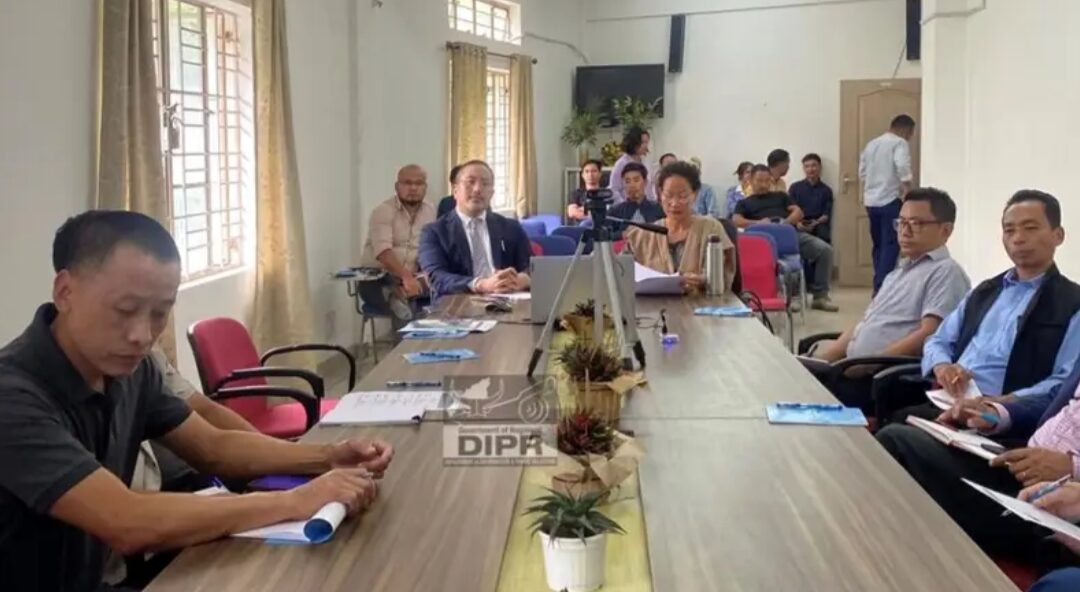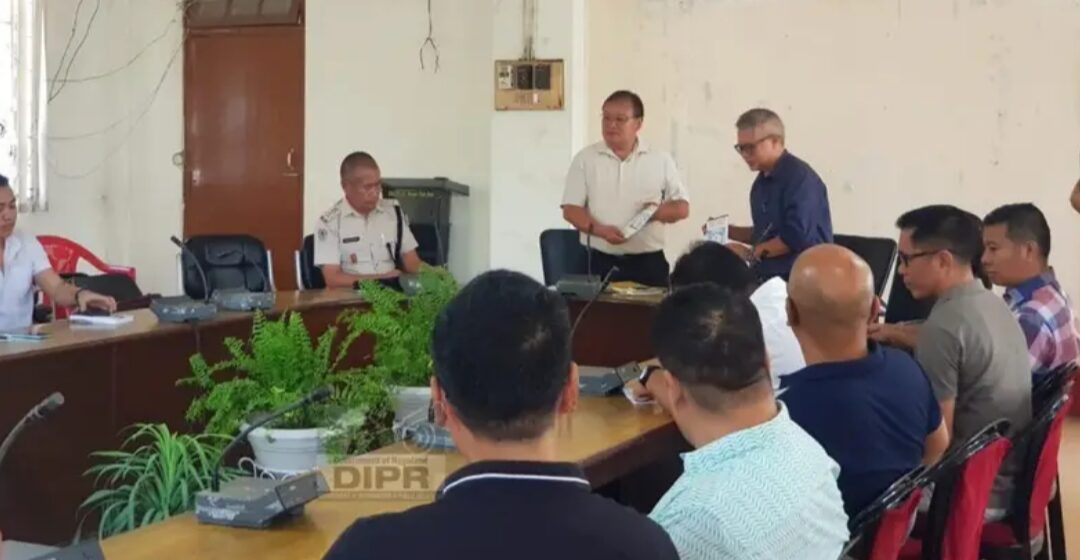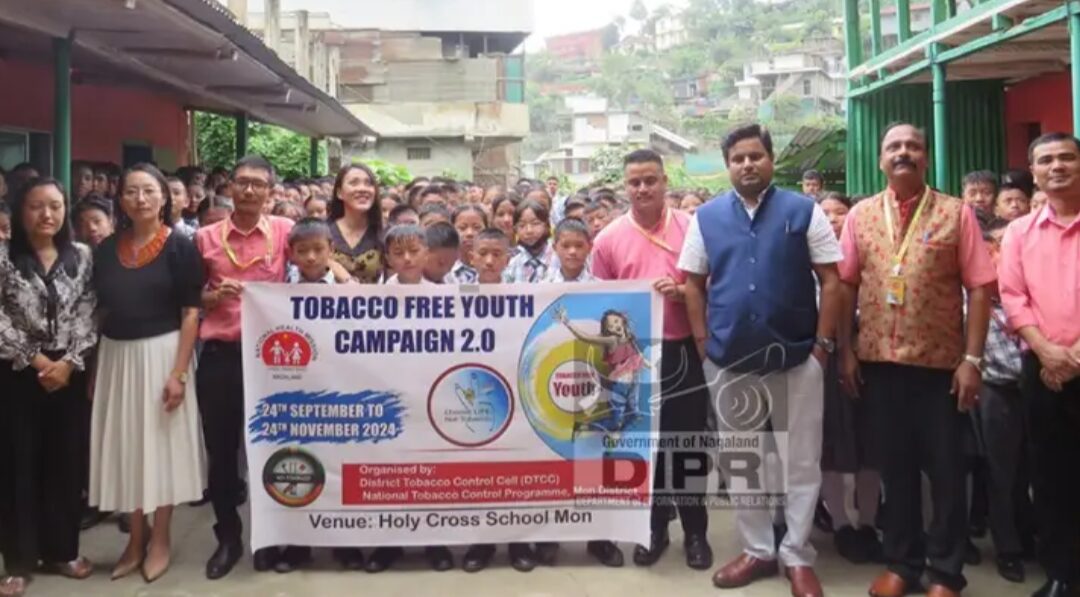The Nagaland Liquor Total Prohibition (NLTP) Act, 1989, dominated the first day of the Fifth Session of the 14th Nagaland Legislative Assembly. The discussion began with Advisor of Excise, Labour & Employment, Skill Development & Entrepreneurship Moatoshi Longkumer highlighting the urgent public importance of addressing “Health Hazards of Spurious Liquor.”
Chief Minister Neiphiu Rio emphasized that the government will engage in further discussions with all stakeholders and public leaders. He urged everyone to come together and reason collectively to address the problem of spurious and illicit liquor. “Rather than judging one another, let us have an open mind and positively share views and inputs to make our community healthy and resilient,” he added.
The Chief Minister pointed out that efforts to ban alcohol have led to unintended consequences such as the rise of black markets, increased criminal activity, and the proliferation of syndicate suppliers. He noted that unregulated alcohol in the black market is often of poor quality and poses severe health risks, including poisoning and death. Regulation, he argued, would allow for strict quality measures to reduce health complications associated with unsafe alcohol consumption.
Also Read: Nagaland’s Industrial Sector sees remarkable growth amid new initiatives
The Chief Minister also acknowledged that while the State Government can regulate and restrict liquor sales, it cannot outrightly prohibit individuals from drinking—a matter of personal choice. He observed that prohibition policies have been more effective in rural areas but have failed in urban areas. Appreciating the Church for its vocal stance on this issue, he stated that the state government consults with all sections of society before making decisions.
The Chief Minister highlighted that common citizens have suffered from various diseases due to consuming illicit liquor. He urged citizens to share their inputs openly to address this critical issue effectively.




